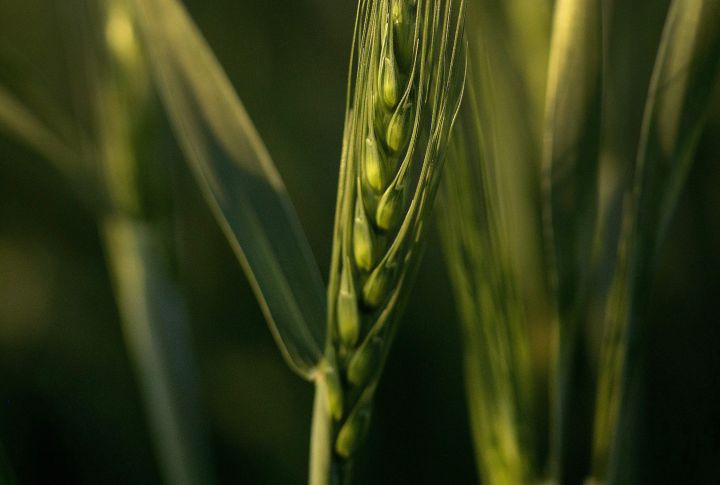The Canadian Food Inspection Agency (CFIA) has issued a statement after the discovery of several genetically modified wheat plants found in southern Alberta.

The CFIA said it recently completed testing on the plants which confirmed the wheat was herbicide-tolerant and genetically modified, something not approved for commercial use in Canada.
READ MORE: Non-approved genetically engineered wheat discovered in Oregon field: USDA
The CFIA said it was notified by the Alberta government about the plants surviving spray treatments on Jan. 31.
Because genetically modified wheat is not authorized for commercial use in Canada, the CFIA said it is working “with partners at all levels to gather as much complete, accurate and credible information about this discovery as possible.”
READ MORE: World Food Prize goes to genetically modified crop researchers
In an incident report, the CFIA said that on April 8, it “confirmed that the Alberta wheat sample was a match for a Monsanto genetically modified wheat line (MON71200), which was used in multiple confined research field trials in the late 1990s and early 2000s in both Canada and the United States.”

Get breaking National news
“The physical locations of the confined research field trials were approximately 300 kilometres or more away from where the genetically modified wheat plants were found in Alberta,” the report reads.
“Given the passage of time and large distances involved, there is no evidence that would explain how or if the current GM wheat finding is linked with a previous trial.”
In a statement issued to Global News, Monsanto said the CFIA “took the lead on inspection activities associated with this matter and has confirmed this is an isolated incident involving a very small number of plants.”
“CFIA also found no evidence to show that transgenic wheat is in commerce and has only been identified in the isolated roadside area,” the statement reads. “We’re also taking this matter seriously and have fully cooperated and offered technical assistance throughout the process.
“On May 9, 2018, risk assessments examining potential implications of this wheat to food, animal feed and the environment were completed by Health Canada and CFIA. These risk assessments determined that this wheat does not pose any risk. There are no food, feed or environmental safety concerns associated with glyphosate tolerance in plants.”
READ MORE: Teenage activist meets with Health Canada to discuss GMO labelling
Watch below: In February 2015, Allison Vuchnich filed this report about a teenage activist landing closed-door meeting with Health Canada officials about GMO labelling.
“Based on extensive scientific testing, there is no evidence that this genetically modified wheat is present anywhere other than the isolated site where it was discovered,” the statement reads.
“Health Canada has concluded that this finding does not pose a food safety risk.”
According to the CFIA, although genetically modified wheat is not approved for commercial use, “the same genetically modified trait has been approved in canola, corn and soybeans for over 20 years.”
“In these crops, previous Health Canada and CFIA safety assessments have demonstrated that this trait does not pose a risk to public health, the health of animals or the environment,” the agency said.
READ MORE: B.C. residents support ban on GMO foods: poll
The CFIA did not disclose the exact location of where the wheat was found but said it will work with the area landowner to monitor the area over the next three years.
Global News has reached out to the CFIA for further comment on the discovery.








Comments
Want to discuss? Please read our Commenting Policy first.